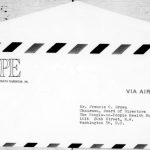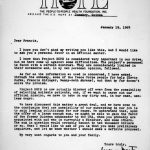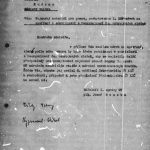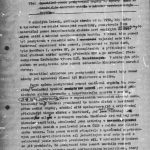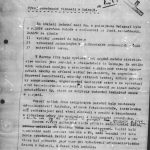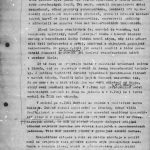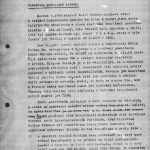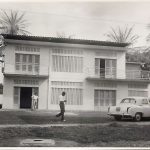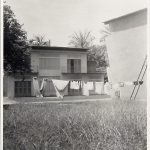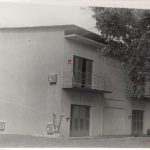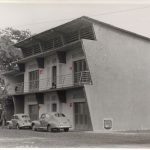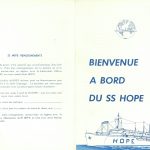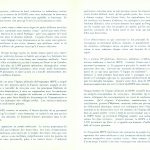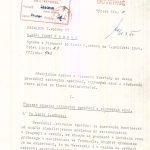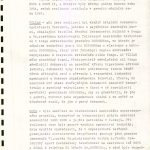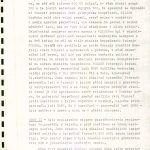Disinformation in Guinea
One of the tasks of the Czechoslovak Foreign Intelligence was also to spread “active” or “passive” disinformation, which was called a “active measure” according to the terminology in use then. The forged document we have chosen to present this month dates back to 1965 and was related to the intelligence operation code name “Hope” [original name]. The use of this forged letter was, however, preceded by a meticulously staged incident.
The Czechoslovak government came to be interested in the Republic of Guinea shortly after its declaration of independence in 1958. Shortly afterwards it began supplying so-called special material (weapons and other intelligence equipment) and military and intelligence experts. This kind of “help” provided the necessary opportunities for intelligence activity and allowed the Czechoslovak service to infiltrate the Guinean security services. The presence of the technical advisor Ing. Josef Plzák (real name Josef Pleška) at the Ministry of Defence and Security of the Republic of Guinea was a prerequisite for the successful performance of the active measure codenamed “Hope”.
The target of this operation was an American healthcare organisation called “Project Hope”. Its most high-profile activity was operating a ship of the same name providing hospital and medicinal aid in third-world countries. This organisation was to some extent financed by the US government and the USA used the activities of the organisation to support its foreign policy. The SS Hope, while anchored in Conakry harbour, was the focus of the Czechoslovak intelligence’s attention. Its residency began gathering information about the ship crew and about the organisation as such. This resulted into a proposal to carry out the active measure “Hope” at the end of 1964, aimed at weakening the US influence in Guinea.
The “Hope” measure reportedly went as follows: The residency in Conakry instructed one of its reliable informers to make a call to one of the crew members of the SS Hope, Dr. Rourke, who was known to be about to return to the US and would not be present on board the ship. The call apparently included a complaint about an unpaid reward for information that had been supplied and a threat that the security services of Guinea would be informed about the clandestine intelligence activity carried out by the crew of the SS Hope. A random crew member who received the call helped to spread this fabricated story as he didn’t contradict it and even agreed to make an appointment with the collaborator of the Czechoslovak intelligence. Mr. Plzák, an operative equipment expert, then took a role in the story as he was instructed to record the call and supply the recording to the Guinean minister of defence and security, Keit Fodeb. This reportedly led to extensive checks on the white people in Conakry and the harbour was patrolled by police and security guards. A few days later, the aforementioned forged letter was sent to minister Fodeb in a covert manner. The alleged author of the letter, the SS Hope commander Laurence Martin, quite openly wrote to the chairman of the board of the Project Hope, Francis Brown, informing him that the possibility to obtain the “necessary information” had been lost and actually asked for his approval to corrupt one of Guinean ministers.
In the report for the commander of the Foreign Intelligence Headquarters, col. Josef Houska, the active measure “Hope” was given a positive evaluation: “As far as the reports from the Conakry residency indicate, the Guinean security forces have considerably escalated their activity against the Americans and their subjects in Guinea, especially against the crew of the Hope, and 8 Americans working on the Hope have been arrested and one of them sentenced to 6 months.”
The forged letter with the promotional leaflet for the Guinean mission of the Project Hope organisation has been preserved in our archive as so-called “Permanent Value Material” (MTH), No. 21994.


